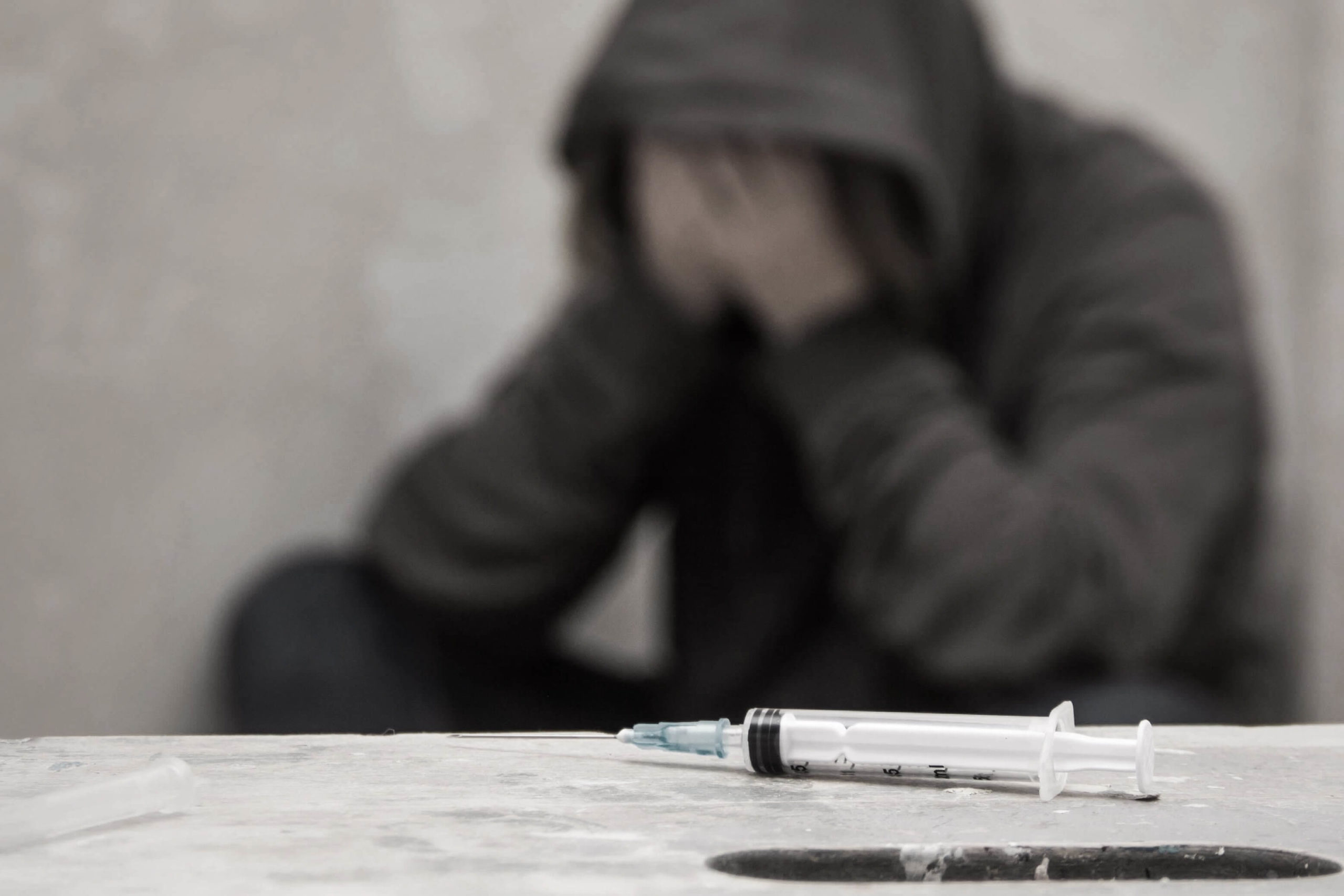Making the decision to stop using drugs or alcohol is a huge step in the right direction. But it also comes with challenges. Maybe you’re wondering how to put your life back together, and where to go for addiction treatment. Maybe you’re worried about the possibility of relapse. Making healthy lifestyle adjustments and seeking support will go a long way toward helping you get and stay sober. Here are some tips to guide you in your recovery.
Take One Day at a Time
If you’re new to recovery or are discouraged because of a relapse, the idea of long-term sobriety can seem overwhelming. Take your new life one day at a time. Decide each day that for the next 24 hours, you’re going to commit to staying clean and sober.
Set Goals
Setting short-term and long-term goals can make it easier to give up addictive habits. Having something to work toward can give you a sense of meaning and purpose. When you’re struggling to stay on track, your goals can serve as a reminder of why you committed to recovery in the first place.
Structure Your Days
Establishing a schedule of meaningful activities can help you set and work toward your goals. Having regular activities to look forward to each day will also reduce boredom, a common relapse trigger. When you’re new to recovery, rehab-related activities will likely take up much of your time.
Once you’ve completed rehab, it’s especially vital to keep your days structured. Consider going back to school, volunteering in the community, or getting a job. Taking up a hobby can also be rewarding and help you keep your mind off drinking and drugs.
Adopt Healthy Habits
Using drugs and alcohol takes quite a toll on your body, and self-care tends to fall by the wayside. Adopting healthy habits in recovery can help you reverse the effects of long-term substance abuse.
- Exercise. Physical activity is especially beneficial for people in recovery. Exercise releases endorphins, the “feel-good” hormones that can help you fend off cravings. Going to the gym or even taking a brisk walk in nature reduces stress, making relapse less likely and enhancing your overall sense of well-being.
- Diet. Substance overuse makes it difficult for your body to absorb any nutrients it gets, so making healthy meal choices is especially important when you’re sober. Be sure to get plenty of protein and vitamins from vegetables, fruits, and whole grains. When you feel better, it’s easier to maintain a positive outlook and stay away from drugs and alcohol.
- Quit Smoking. If smoking is one of the habits you enjoyed along with drugs or alcohol, now is a good time to quit. By refraining from using harmful substances, you’ll be able to reap maximum benefits from your other healthy lifestyle choices.
- Embrace Self-Care. Making all of these changes can be stressful, so it’s important to make self-care a priority. Be kind to yourself. Speak words of encouragement over yourself and reward yourself occasionally for coming as far as you have. Do your best to take responsibility for your past actions, but let go of the guilt and shame that can become stumbling blocks for many in recovery. Learn effective stress-management techniques so you can find healthy ways to decompress.
- Avoid Triggers. If you spend time with the friends you were surrounded by in your addiction or frequent the same stomping grounds you did in the old days, you’re not likely to remain sober for long. Find new friends who are committed to sobriety, and avoid people and places that may serve as triggers.
Learn All You Can About Addiction and Relapse
Too often, people in recovery are just told to stay away from drugs and alcohol and go to meetings. While this may be enough for some, most people need more in the way of addiction treatment. Finding resources to help you commit to sobriety and learning more about addiction and possible triggers can help you discover what works best for you when it comes to staying clean. After all, recovery looks a little different for each person.
While you shouldn’t live in constant fear of relapse, be aware of the warning signs so you can get help before you go back to old habits. Withdrawing from the recovery community and loved ones and feeling less committed to sobriety are indicators that you’re vulnerable to relapse.
Seek Support
Healthy relationships are key to helping you stay on track. Finding support groups and friends and family members who will cheer you on are critical as you build your new life.
Recovery is a lifelong journey. Congratulations on taking the first steps. At SOBA Recovery Center, we provide intensive addiction treatment. Contact us to learn more about how we can help.



